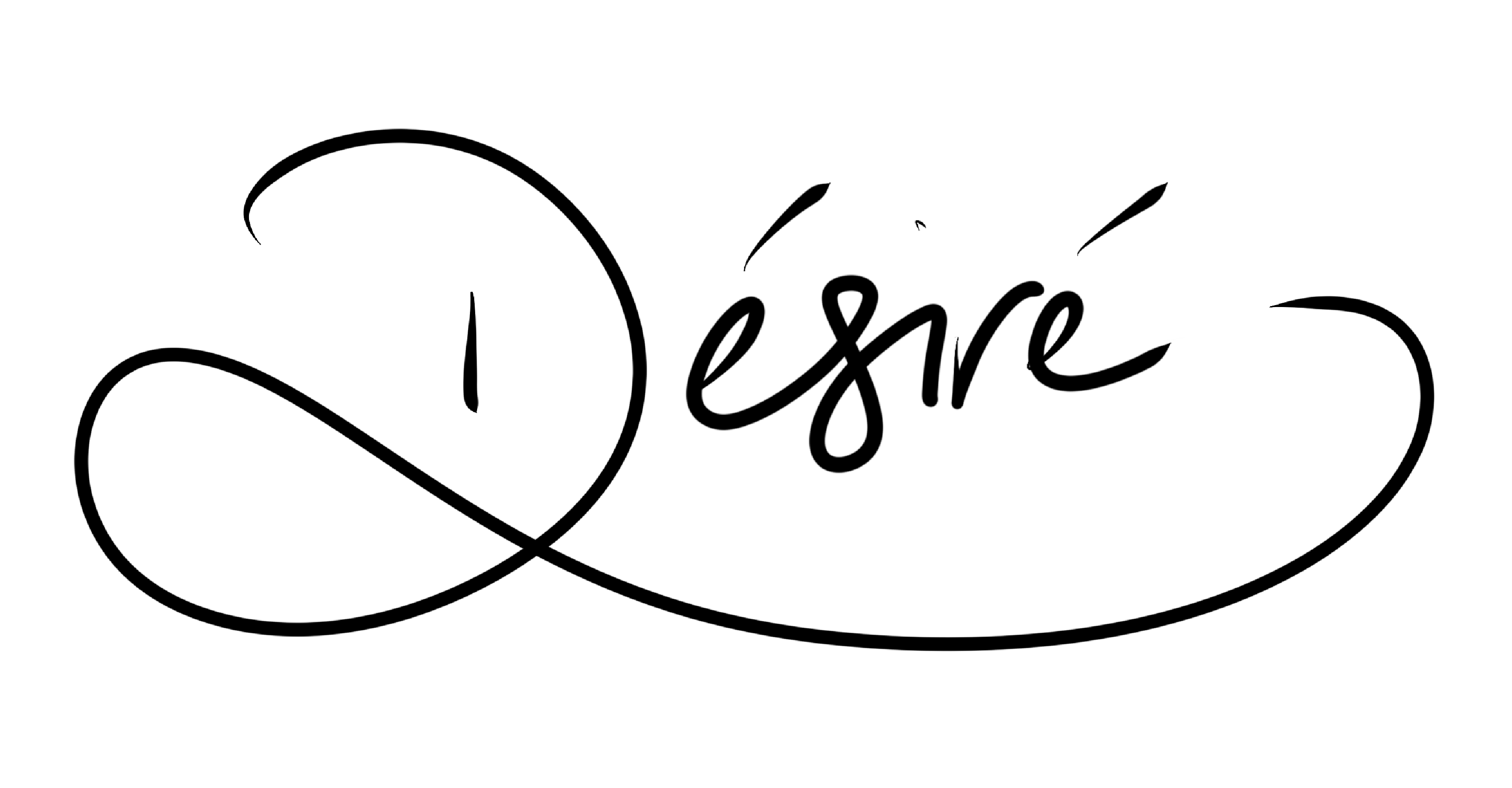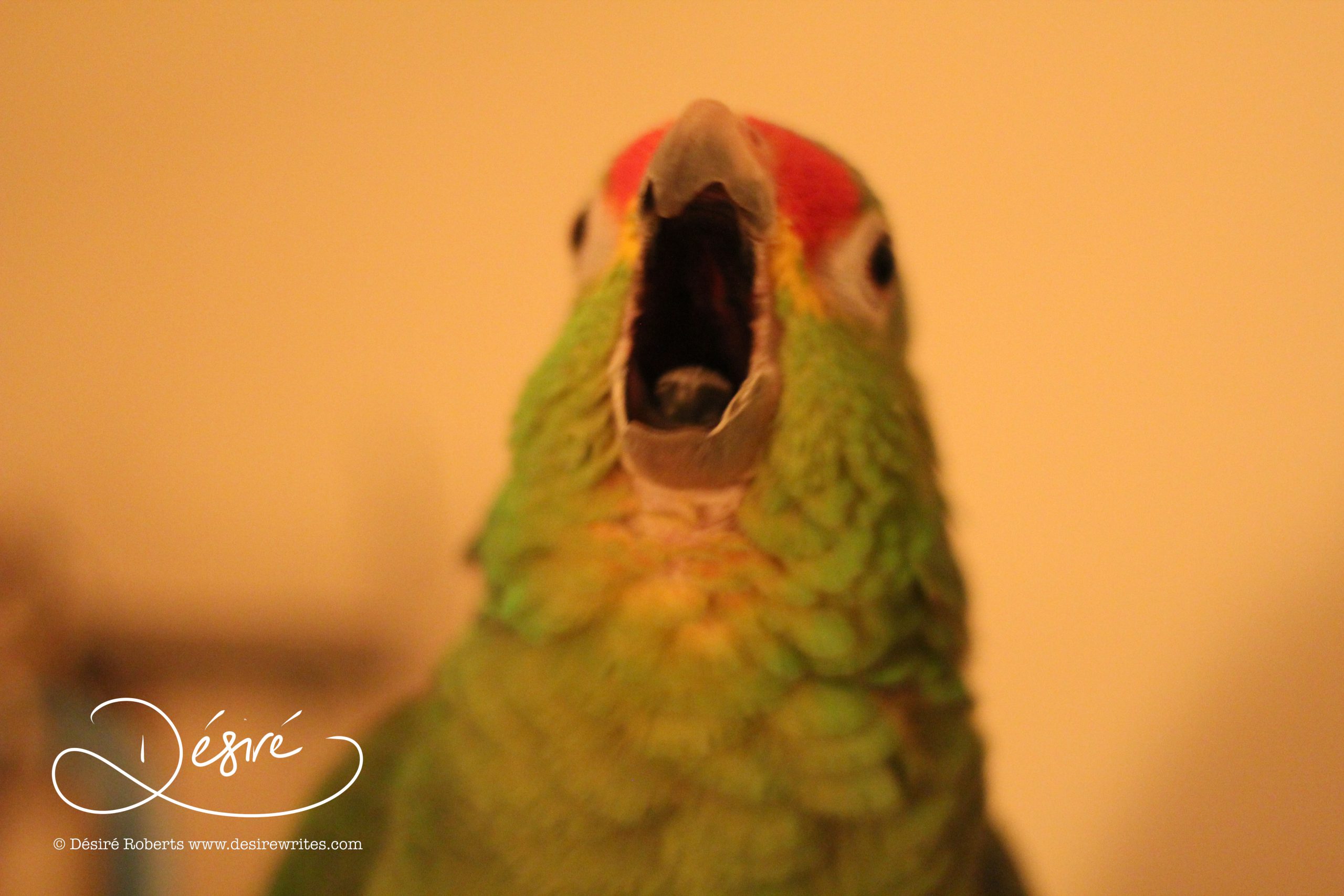Mahatma Gandhi’s legacy is one of peace and forgiveness, something that is massively lacking in the tumultuous world around us. A quick scroll through social media shows how massively broken this world is. So much hate, violence and greed. So many people are suffering, emotionally, mentally and physically on a daily basis and instead of healing, they are subjected to the brutality the world has exposed them to. Unfortunately, Gandhi was also an idealist, and while we all wish for a better world, until every living soul is equal and happy, we will never find peace.
We are conditioned to enjoy suffering, both causing it (look at capitalism) and experiencing it (no pain, no gain), and therein lies the root of the problem. Warlike, we’re taught to attack anything that’s different or new, further pushing a close-minded agenda, which only seeks to distract us from peace. Is there a middle ground somewhere on the suffering scale, between causing and experiencing pain?
Turn the other cheek
In many cultures around the world, people are taught to forgive and forget, to not hold hate and pain in our hearts and to release this burden to the wind, lightening our spirit and mind. ‘Turn the other cheek’ is an often misused quote and represents a dark and dangerous gateway for permitted abuse. If someone physically hits me, will I turn the other cheek? The answer to that is determined by unstable variables, such as my mood, the tone and context of the situation in question, the person doing the hitting, my baseline personality, and my tolerance capacity, however that is just based on me as an individual; others will differ based on their own experiences, upbringing, and personality.
But when is enough, really enough? Do you simply allow the world to continue to hit you while you live your life meekly, exhausted from incessant abuse? Or do you get up one day, and decide that you shall turn no cheek, as your heart hardens?
Do unto others, as they would do unto you
So, the world has bashed you about; is it time that you started dishing out the bashing? Do you treat others how they treat you, serving the same medicine consistently? Or do you treat others how you would like to be treated? An eye for an eye leaves the world blind. If someone took your eye, would you take theirs too? Many would. Some wouldn’t. This depends entirely on your perspective of the world. While I would be angry that my eye is gone, would I truly want someone else to follow in the same path, or would I want that person to know what they have taken from me, knowing that I have the grace to accept my fate without incurring more suffering? This is idealistic thinking, and the chances are that if that had happened, I probably would be angry and full of vengeance. But I hold on to those ideals, since they allow me to hold myself to a better standard. Having those ideals and slipping a few times is better than not having them at all.
Be the change that you want to see in the world
The hardest task of my life has been being the change. Forgiveness is easy for me, forgetting is much harder. Why would I want to eradicate something painful or harmful from my memory? The experiences we have are what make us the people we are today, and should we take these experiences, good and bad, and put them into a vault of “forget-ness”, we shall never learn the lessons that life serves. The lesson of fire is one that we never forget. We know fire burns skin, so we handle it and hot objects with care and control, so why not apply that to your life? Why turn the other cheek? Why forgive and forget? Why not control the fire or hot objects of our lives with care and control, the way we do with fire?
This is where balance, empathy, and maturity play a fundamental role. Balance gives you the ability to know when to forget and when to learn. Empathy grants you the power to see things from someone else’s perspective. Maturity allows you to be the bigger person and know when not to be petty about something. When these three find harmony, among many other of the positive personality traits, one can gauge when it’s time to walk away from an argument, fight, forgive or forget. It’s important to note that not forgetting is not the same as not letting go; one can forgive or let go of an experience while remembering its valuable lessons, so that you do not misstep in the future.
The balancing act of living up to Gandhi’s famous words and ensuring that you are not played the fool can be exhausting but necessary. An eye for an eye can leave the world blind, but there comes a point when turning the other cheek is too painful and doing unto others as they would do unto you is too harsh; the medicine for this poison: mature rumination peppered with empathy and experience. Simply put, don’t rush to act, think about all outcomes, and move forward with a rational mind and ideals in check.





